CHILD: A Microschool Unlocking the Potential for Unique Learners
Key Points
-
The success of adaptive learning is not solely based on the program, but rather on the people behind it.
-
Clarity on “who you serve” is critical to success.
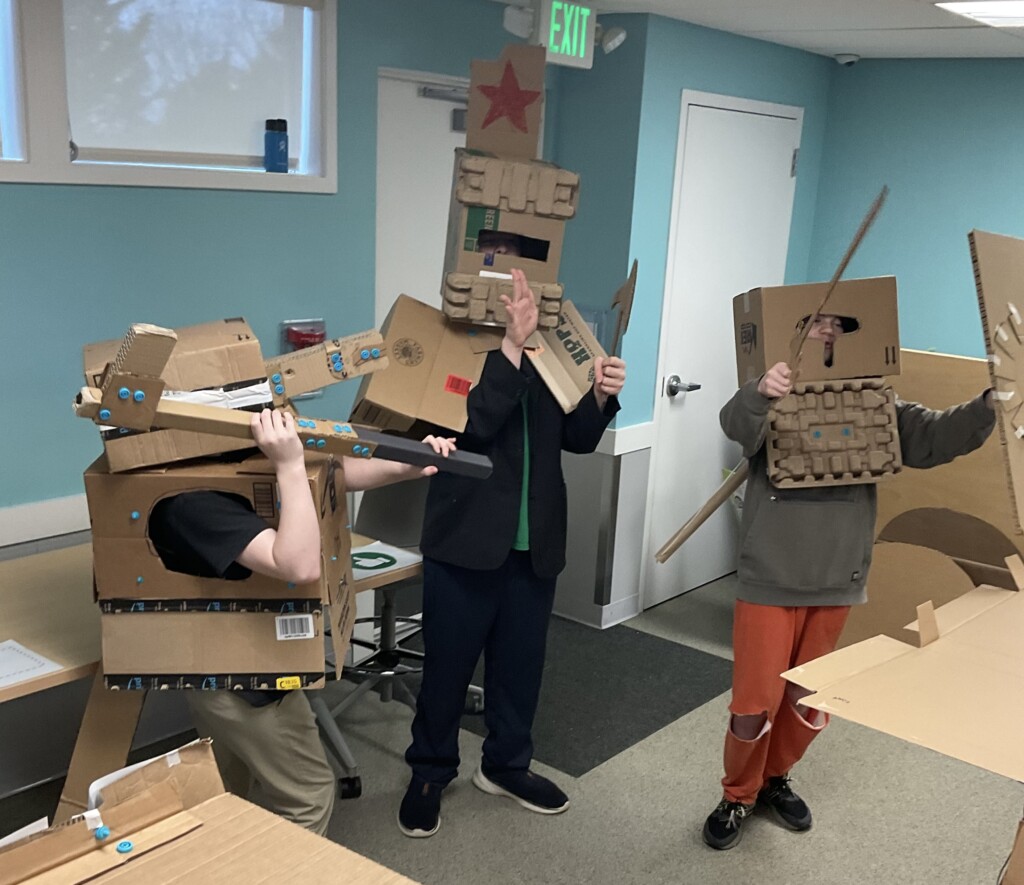
Non-Public Agencies (NPAs) are educational programs that school districts contract with to serve learners with unique needs that cannot be best met with in-district resources. Most of these NPAs operate as non-profit microschools, utilizing small, relational models to pivot rapidly and maintain a human-centered focus. Occasionally NPAs are met with challenges, but more often their flexibility results in great options for families by meeting learners’ unique needs.
One example of a responsive NPA is the Children’s Institute for Learning Differences (CHILD). CHILD is not just an educational institution; it’s a transformative solution designed to serve learners on the fringes, offering them a chance to thrive and reach their full potential. In the late 1990’s, CHILD’s founder discovered that the primary beliefs that fuel their work most closely matched those of the Collaborative and Proactive Solutions Model developed by Dr. Ross Greene, which is driven by the belief that “kids do well if they can.” This empathy-driven, non-punitive, psycho-educational approach helps solve the problems that are causing concerning behaviors.
Walking through their campus, one sees children laughing with adults, creating cardboard villages, swinging on an indoor swing, or walking outdoors together. Engaged, happy children are the centerpiece of the school.
CHILD’s winning combination includes an empathetic philosophy, committed teamwork, and collaboration with parents and districts. The following components make CHILD a beacon of hope for learners with unique needs.
Embracing An Empathy-Driven, Non-Punitive Philosophy
A key part of this philosophy is CHILD’s deep rooting in empathy. The school refrains from punitive measures and employs a psycho-educational approach to solving the problems that are causing concerning behaviors.
Using Dr. Ross Green’s Collaborative & Proactive Solutions Model, CHILD builds on the belief that “kids do well if they can.” This emphasizes that kids lack certain skills, not motivation, and require help in becoming more flexible, adaptable, and equipped with frustration tolerance and problem-solving abilities. Staff at CHILD learn to identify the triggers for counterproductive behavior to build new skills, identifying and addressing each child’s lagging skills.
CHILD acknowledges that every learner possesses unique gifts and abilities, a different kind of giftedness. Their approach is not solely focused on academic achievement but on nurturing the potential within each student.
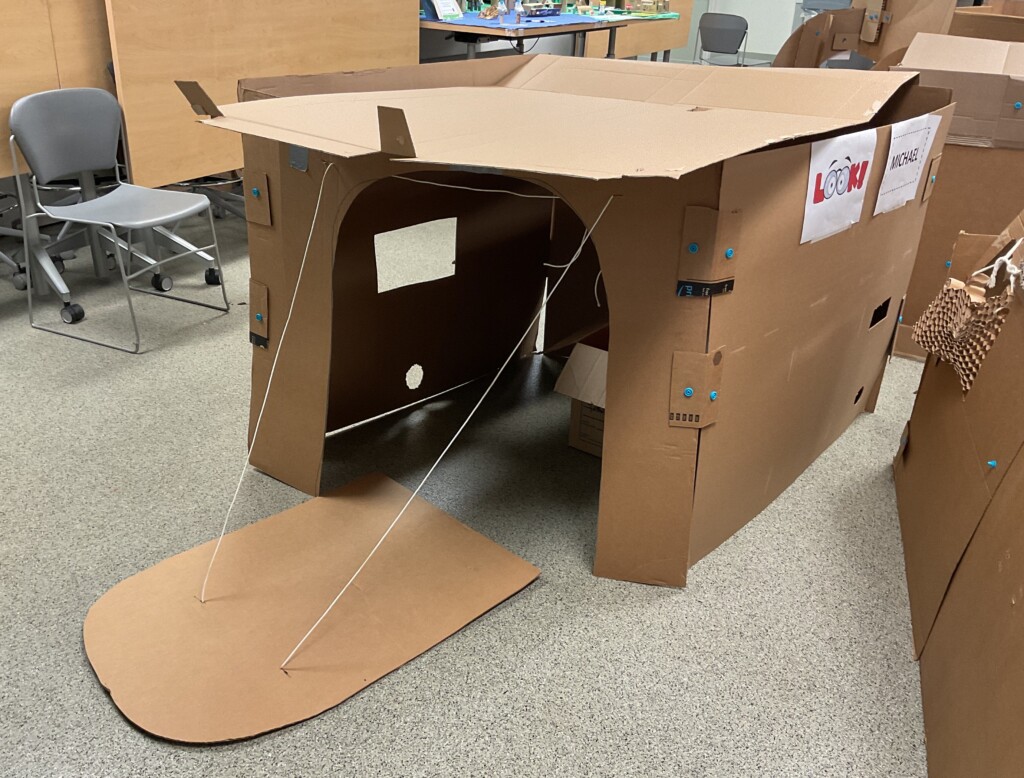
Dedicated and Impactful Teacher and Staff Team
CHILD has a long-standing legacy. This year-round model for learners with IEPs was founded in 1977. In 2017, CHILD Founder, Trina Westerlund, and Executive Director, Carrie Fannin discussed the 40 years of the CHILD Way, the founding beliefs that continue to fuel CHILD.
Additionally, CHILD’s teaching staff boasts an impressive 9 to 11-year average tenure, compared to the average of less than 5 years for special education teachers elsewhere. Teachers, staff, and specialists stay because they understand the “why” and see the significant impact they make in the lives of learners. Collaboration is a core piece of the team’s success. They work together through a rigorous student screening process (turning away up to 90% of applicants if they believe they cannot help). They are clear about who they can serve, which sets them up for success and apart from other NPAs that face challenges from accepting students without having the proper support available.
Collaboration with Parents and School Districts
Recognizing that parental involvement is crucial, CHILD incorporates an active parent training component into its program. As they rightly say, “If we don’t have parents on board, it doesn’t work.” Simultaneously, CHILD collaborates closely with school districts, understanding that successful reintegration is vital. Monthly check-ins with school districts help keep the lines of communication open, and CHILD is seen as an integral part of the team, contributing to the district’s understanding and service of unique learners.
CHILD has the goal of preparing and empowering learners to return to their home school districts within one to three years. This entails close collaboration with the district representatives to create a team approach and long-term planning for each learner.
Challenges in the Face of Federal Law
Federal laws, such as the Free Appropriate Public Education (FAPE) regulations, present challenges for NPAs like CHILD. Often, students must experience years of failure within their school districts before being referred to an NPA. By the time they arrive at CHILD, they may have lost hope in the education system.
While NPA services are expensive for school districts, some districts may not want the learner back because they lack relational, human-centered programs for K-12 students to return to.
A Singular Model
Many microschools find it difficult to scale or replicate — CHILD included. CHILD’s success is not just about the program but the people behind it. Over 60 staff members serve 52 learners, making it a proactive financial investment that transforms lives, builds long-term productive citizens, and saves the community and justice systems millions of dollars. It is not a cookie-cutter model to be duplicated, but rather a shining example of the success that deliberate, multidisciplinary strengths-based learning can create…one we can all learn from. The structure of CHILD supports a culture of continuous improvement, demonstrating that the future of education lies in innovative, human-centered approaches that recognize the uniqueness of each learner. Our learners deserve to experience nimble models like the CHILD microschool without the years of failure in the rigid “system.” Our learners deserve to thrive! Without going through years of failure in “the system,” our learners deserve early access to models like the CHILD microschool…to break down barriers and thrive as learners and humans.
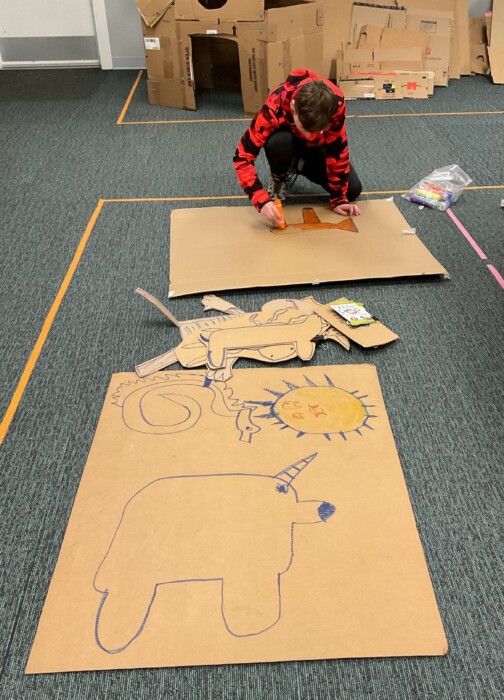
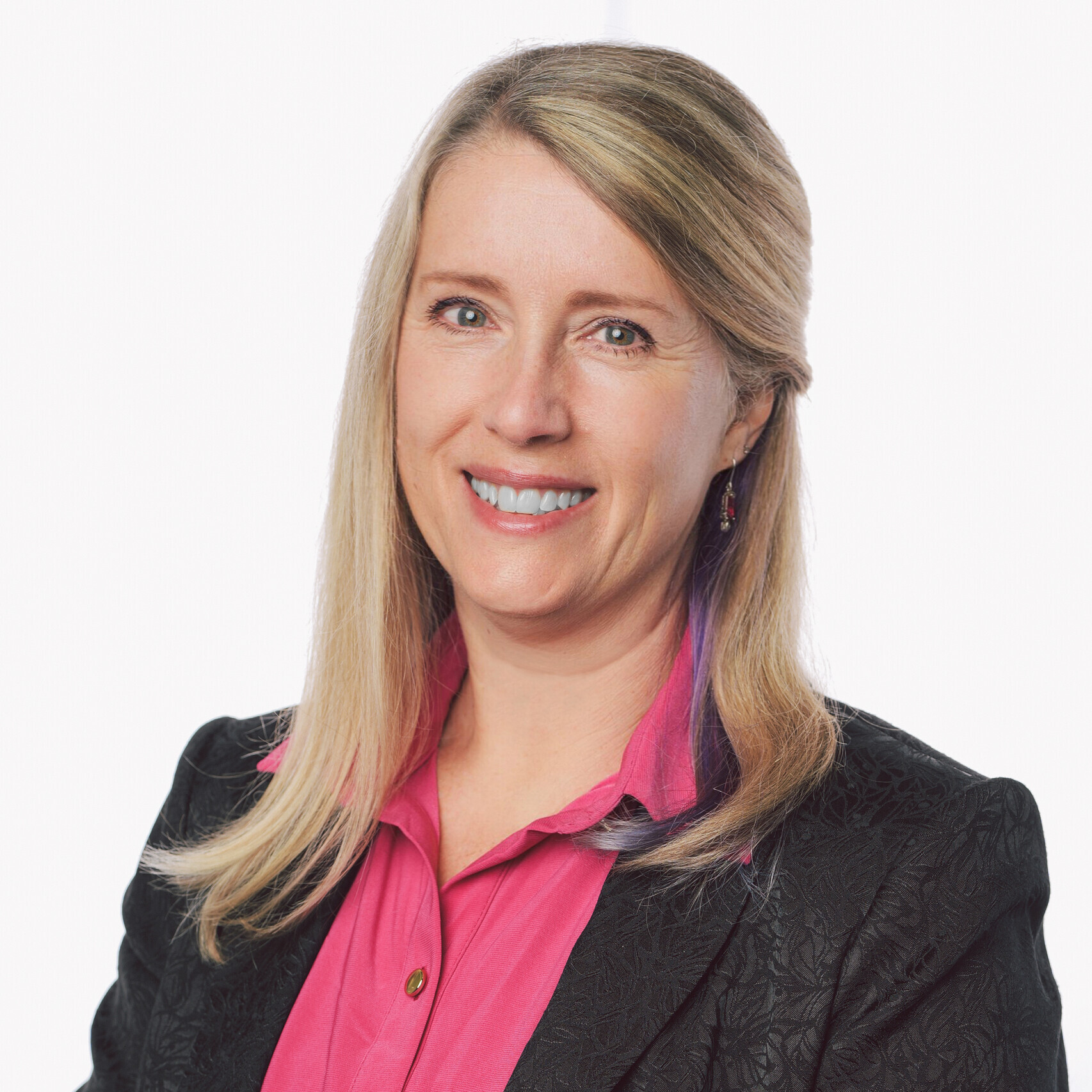




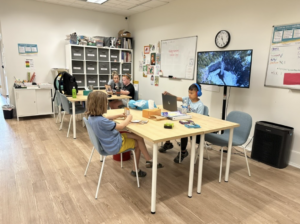
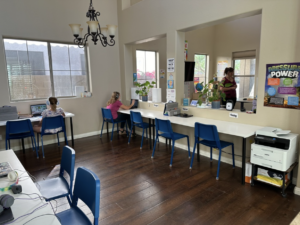
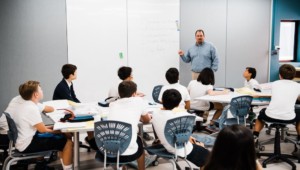
0 Comments
Leave a Comment
Your email address will not be published. All fields are required.